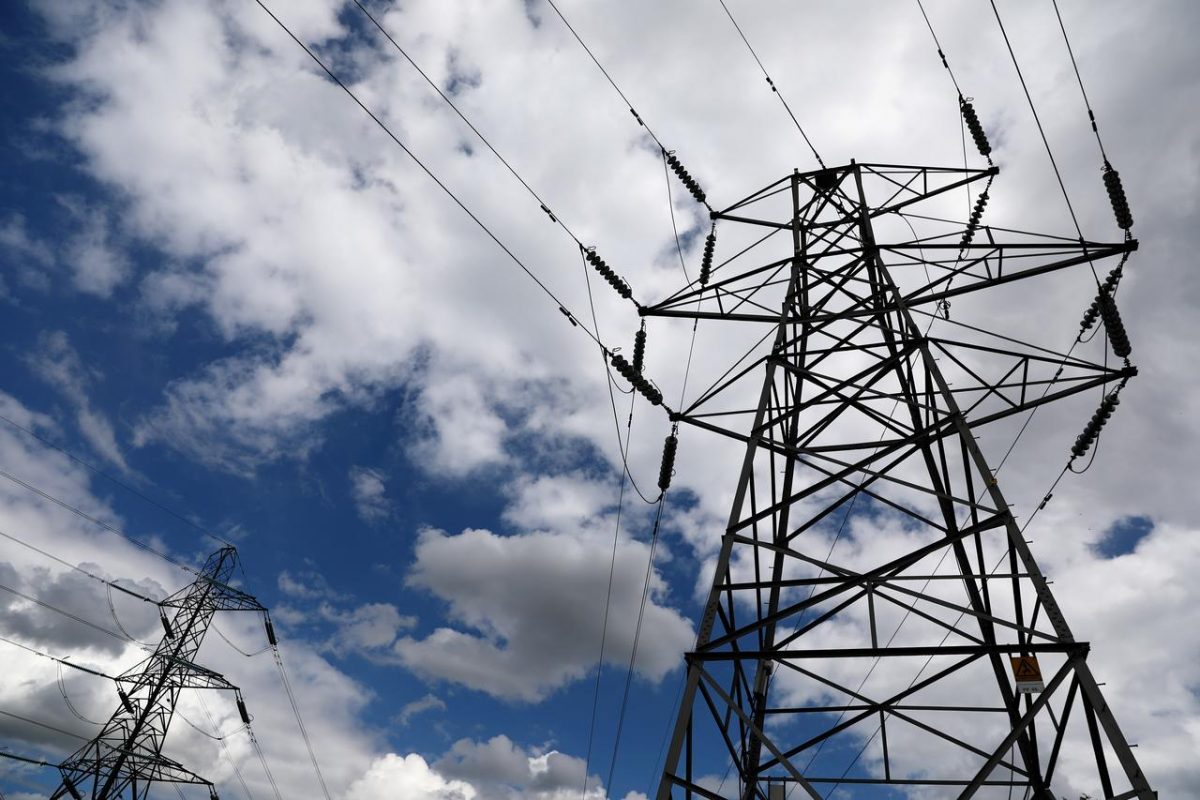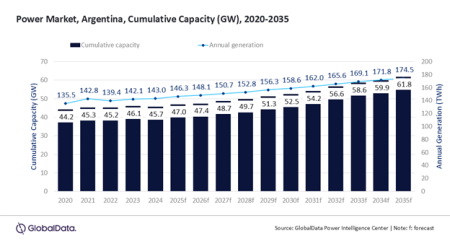
– FG to add 2550MW to national grid
OpeOluwani Akintayo
Lagos — Power generation companies, GenCos are yet to ramp up production, as industry statistics available to SweetcrudeReports as of Sunday, says generation was about 2, 617MW.
The statistics surfaced after the national grid collapses twice in the space of one week, plunging the country into darkness.
Before the sad occurrences, power generation hovered around 4,500MW to serve over 200, 000 million population.
Experts say Nigeria requires atleast 30, 000 MW to serve its teeming population.
Minister of Power, Aliyu had after the second system collapse, called an emergency meeting with representatives from power generation companies, Transmission Company of Nigeria, TCN, Distribution Companies, DisCos, including the Nigerian Bulk Electricity’s Trading, NBET, the Niger Delta Power Holding Company, NDPHC, Nigerian National Petroleum Corporation, NNPC, Shell and others in the power value chain.
He enjoined them to work together.
Industry sources told SweetcrudeReports, that at the time of the collapse on Tuesday, no power generation company was supplying electricity on the grid.
They stated that last grid collapse was multiple, especially from the gas-fired power plants.
Other sources blamed the situation on activities of vandals, adding that some gas pipelines had been ruptured.
Up until Sunday while filing this report, electricity supply remains paltry even after the Minister said the grid had been “recovered”.
The sad occurrences come on the heels of petrol scarcity currently being experienced across the country.
The scarcity has persisted for over two months now.
SweetcrudeReports had reported how no less than 14 power plants had been in a state of limbo for the past two months.
The situation was compounded by vandalism of the Ogoda/Brass 24 oil pipeline at Okparatubo at Nembe Local Government Area, Bayelsa State on March 5.
The crisis had led to parent company of Nigerian Agip Oil Company, NAOC, Eni declaring a force majeure on Brass terminal, Bonny NLNG and Okpai Power Plant.
Although, Eni had on Saturday lifted the force majeure, however, deferred production as a result of the pipeline shutdown was estimated at 25 kbopd oil and about 13 MSm3/d gas.
Former event occurred on a riser of Obama/Brass 18″ oil line on 28th February and caused a production deferment of about 5,000 bopd for a few days.
FG to add 2550MW to national grid
Federal government has said it would add 2550MW to the national grid after the latest system collapse.
He said the gas pipeline affected by acts of vandalism has been restored and the Okpai power plant has resumed power generation and is currently contributing an average of 300MW.
The Director, Learning and Development/Projects at the Nigeria Employers’ Consultative Association, NECA, Celine Oni, described the national grid collapse as worrisome and unfortunate for the nation.
Many businesses, according to her, have been “forced to incur huge costs in the provision of expensive back-up in order to minimise the expected outage costs.”
She said: “The average costs of this alternative are three times the cost of publicly supplied electricity. Currently, most large companies, just like small and medium scale enterprises (SMEs), have to bear heavy costs for the installation and maintenance of infrastructural facilities, which ordinarily is the responsibility of the government.
“This makes the prices of goods and services high and therefore uncompetitive when compared with other West African countries.
“Already, the closing of huge numbers of manufacturing companies in recent times have worsened Nigeria’s growing unemployment rate as the workforce immediately become frontline victims.
“It was tightly estimated that over 40% of production cost by Nigerian businesses goes into production/generation of energy. However, with the rising/skyrocketing prices of gas, diesel and PMS, the cost in generating electricity by businesses will aggravate further, making their products becoming non-competitive with their counterparts elsewhere.
“With the opening of international borders through the implementation of the Africa Continental Free Trade Agreement (AfCFTA) and other trade protocols, survival of Nigeria businesses is becoming more disastrous.”
Her views were corroborated by Dr. Muda Yusuf, an economist and erstwhile Director General of the Lagos Chamber of Commerce and Industry, LCCI, who said, ‘this is about the worst time such a thing should be happening. It has shot up a lot of costs.’
He added: “The fall back option is very expensive. When cost goes up, it affects turnover, sales, profit margin, and the wellbeing of the people is also affected. It also drives inflation.
“In the last one to two years, Nigerians have been lamenting the high inflation rate. This is because once there’s inflation, the cost of everything goes up astronomically. Both on the side of the citizens, businesses are badly affected; it has been very tough for small businesses and not many of them can survive this for too long.”
Energy expert at the University of Ibadan, Prof. Adeola Adenikinju, stated that the prevailing development would drastically affect businesses and households.
“It will further worsen the economic situation. If both energy shocks last for a longer-term, then they would lead to an increase in price inflation and drag economic growth,” he said.
He said the Nigerian Bulk Electricity Trading Plc had been directed to enter into fast-track negotiation with NAOC on an interim energy sales agreement with a view to bringing the new Okpai Il power plant on the grid thereby contributing additional 400MW of generation capacity.
According to him, “in order to optimise the capacity utilisation of the power plants owned by the Niger Delta Power Holding Company Ltd (NDPHC), the Nigerian Electricity Regulatory Commission has approved a special gas pricing for emergency contracting of gas from the Nigerian Gas Marketing Company Ltd.
“We expect an on-grid improvement of about 800MW generation capacity from the NDPHC plants.
In the medium term, we have agreed with NGPIC (…a subsidiary of NNPC) on the framework for the overhaul of the Okoloma gas processing plant thereby restoring the full capacity of the 650MW Afam VI combined cycle power plant.”
He explained that while the recent spate of system collapse is regrettable, it was a direct consequence of a snap on a 330kV transmission line.
Follow us on twitter



